Are you considering bringing a Basset Fauve de Bretagne into your family as a new pet? This unique breed of dog is known for its friendly and easygoing nature, making it a great choice for families with children or other pets. With its charming appearance and lovable personality, the Basset Fauve de Bretagne has become a popular choice for dog lovers around the world. However, before making any decisions, it’s important to learn more about this breed to ensure it’s the right fit for your lifestyle and needs. In this guide, we will explore the history, characteristics, and care requirements of the Basset Fauve de Bretagne to help you make an informed decision about adding one to your family.
Hound
France
33-38 cm
16-18 kg
10-14 years
Moderate
Moderate
History and Origin
The Basset Fauve de Bretagne, also known as the Fawn Brittany Basset, is a small hunting dog breed that originated in France. The breed is known for its distinctive fawn-colored coat and its excellent hunting skills. The history of the Basset Fauve de Bretagne can be traced back to the 16th century, when it was first bred in the region of Brittany in France.
The Basset Fauve de Bretagne was originally bred for hunting small game, such as rabbits and hares. The breed was developed by crossing various types of French hounds, including the Grand Fauve de Bretagne and the Basset d’Artois. The result was a small, agile dog with a keen sense of smell and a strong hunting instinct.
The Basset Fauve de Bretagne was first recognized as a breed in France in 1924, and it was later recognized by the United Kennel Club in the United States in 1996. Today, the breed is still primarily used for hunting, but it has also become a popular companion dog in many parts of the world.
The Basset Fauve de Bretagne is a small dog, typically weighing between 36 and 40 pounds. It has a short, dense coat that is fawn-colored with black markings. The breed is known for its friendly and outgoing personality, and it is generally good with children and other pets. However, it does have a strong hunting instinct, so it may not be the best choice for households with small animals.
The Basset Fauve de Bretagne is a relatively healthy breed, with few major health problems. However, like all breeds, it is prone to certain health issues, such as hip dysplasia and ear infections. It is important for owners to keep their Basset Fauve de Bretagne’s ears clean and dry to prevent infections.
In conclusion, the Basset Fauve de Bretagne is a unique and fascinating breed with a rich history and a strong hunting instinct. It is a loyal and affectionate companion that is well-suited to families with children and other pets. However, it is important for owners to be aware of the breed’s hunting instincts and to provide plenty of exercise and mental stimulation to keep their Basset Fauve de Bretagne happy and healthy.
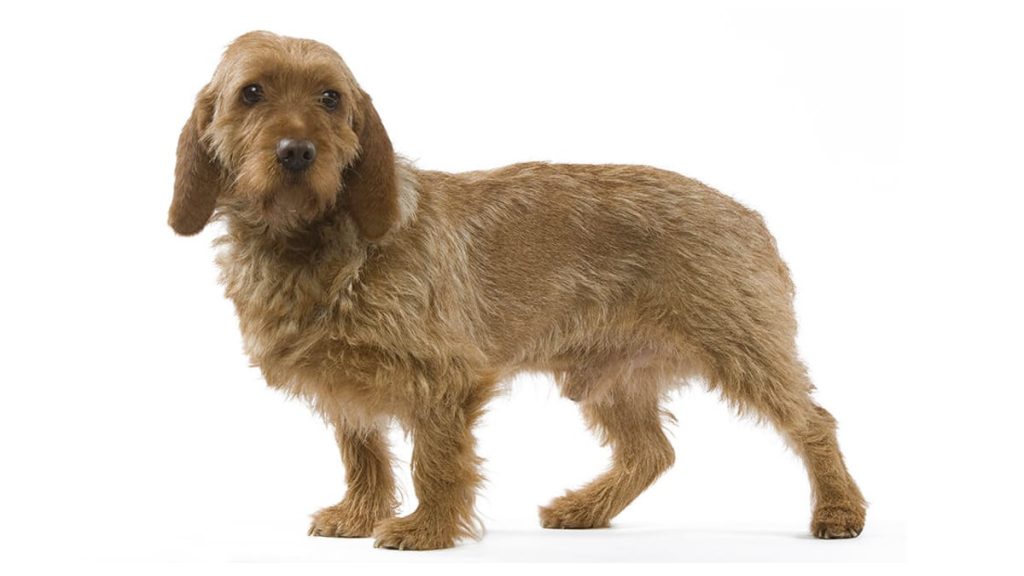
Size and Breed Category
The Basset Fauve de Bretagne is a small to medium-sized breed of dog that originated in France. They are classified as a hound breed and are known for their excellent sense of smell and hunting abilities. The breed typically weighs between 16-20 kg and stands at a height of 32-38 cm at the shoulder. They have a short, dense coat that is typically a reddish-brown color with black markings. The Basset Fauve de Bretagne has a distinctive appearance with their long, droopy ears and wrinkled forehead. They are a sturdy and muscular breed with a compact body that is well-suited for hunting in dense underbrush.
The Basset Fauve de Bretagne is a highly energetic and active breed that requires plenty of exercise and mental stimulation. They are known for their friendly and outgoing personalities and make excellent family pets. However, they can be stubborn and independent at times, so early training and socialization are important. The breed is also known for their excellent sense of smell and are often used for hunting small game such as rabbits and hares. Overall, the Basset Fauve de Bretagne is a unique and charming breed that is well-suited for active families who enjoy spending time outdoors.
Fur Length and Colour
The fur of this breed is typically short and dense, with a slightly rough texture. The hair is usually longer on the ears, tail, and legs, giving the dog a slightly shaggy appearance. The fur colour can vary from fawn to red, with some dogs having black hairs mixed in. The coat may also have white markings on the chest and feet. The fur is easy to maintain and requires minimal grooming, making it a great choice for those who want a low-maintenance pet.
The Basset Fauve de Bretagne’s fur is an important characteristic of the breed, as it helps protect them from the harsh weather conditions of their native Brittany region. The fur is water-resistant and provides insulation against the cold. The breed’s coat also helps them blend in with their surroundings when hunting, as they were originally bred for this purpose. The fur is an attractive feature of the breed, and many owners appreciate the soft, velvety feel of their pet’s coat. Overall, the Basset Fauve de Bretagne’s fur is an important part of their appearance and serves a practical purpose as well.
Termperament and Trainability
Basset Fauve de Bretagne is a breed of dog that is known for its lively and friendly temperament. They are highly sociable and love to be around people, making them great family pets. They are also known for their high energy levels and love for outdoor activities. This breed is highly trainable and responds well to positive reinforcement techniques. They are intelligent and eager to please, making them easy to train. However, they can be stubborn at times, so it is important to be patient and consistent with their training. Overall, the Basset Fauve de Bretagne is a great choice for families who are looking for an active and trainable companion.
When it comes to trainability, the Basset Fauve de Bretagne is a breed that requires a lot of exercise and mental stimulation. They are highly active and need plenty of opportunities to run and play. This breed is also known for its strong hunting instincts, so it is important to provide them with plenty of opportunities to engage in activities that allow them to use their natural abilities. They are highly trainable and respond well to positive reinforcement techniques. However, they can be stubborn at times, so it is important to be patient and consistent with their training. Overall, the Basset Fauve de Bretagne is a great choice for families who are looking for an active and trainable companion that loves to be outdoors.
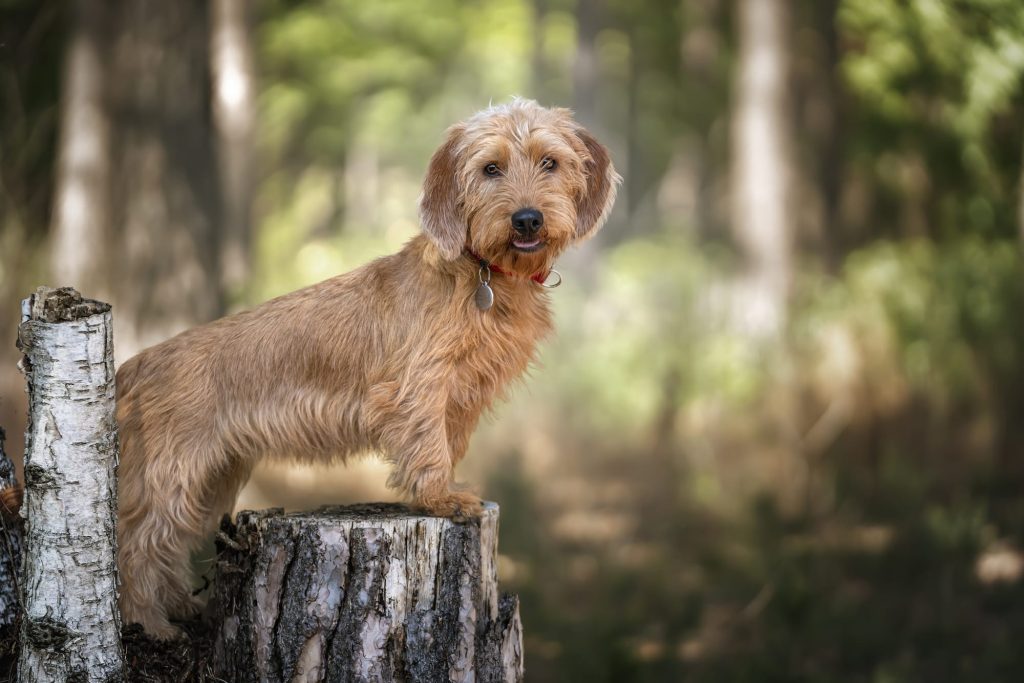
Known Health Conditions
Basset Fauve de Bretagne is a breed of dog that is prone to certain health conditions. One of the most common health issues that affect this breed is hip dysplasia. This condition occurs when the hip joint does not develop properly, leading to pain and discomfort in the affected dog. Basset Fauve de Bretagne with hip dysplasia may experience difficulty in walking, running, and jumping. This condition can be managed through medication, surgery, or physical therapy, depending on the severity of the case.
Another health condition that Basset Fauve de Bretagne may develop is ear infections. This breed has long, floppy ears that can trap moisture and dirt, creating a breeding ground for bacteria and yeast. Ear infections can cause discomfort, pain, and even hearing loss if left untreated. Basset Fauve de Bretagne owners should regularly clean their dog’s ears and check for signs of infection, such as redness, swelling, discharge, and foul odor. Treatment for ear infections may include antibiotics, antifungal medication, or ear drops.
Openness to Strangers
Basset Fauve de Bretagne is a breed of dog that is known for its friendly and welcoming nature towards strangers. They are a medium-sized breed that can weigh up to 20-22 kg and stand up to 36-38 cm tall. These dogs have a short, dense coat that comes in shades of fawn, red, and wheaten.
Basset Fauve de Bretagne is a sociable breed that enjoys the company of people and other animals. They are known to be very affectionate and loyal to their owners, but they are also friendly towards strangers. These dogs have a curious and playful nature, which makes them great companions for families with children. They are also very adaptable and can live in different environments, including apartments and houses with yards. Overall, Basset Fauve de Bretagne is a breed that is known for its open and welcoming nature towards strangers.
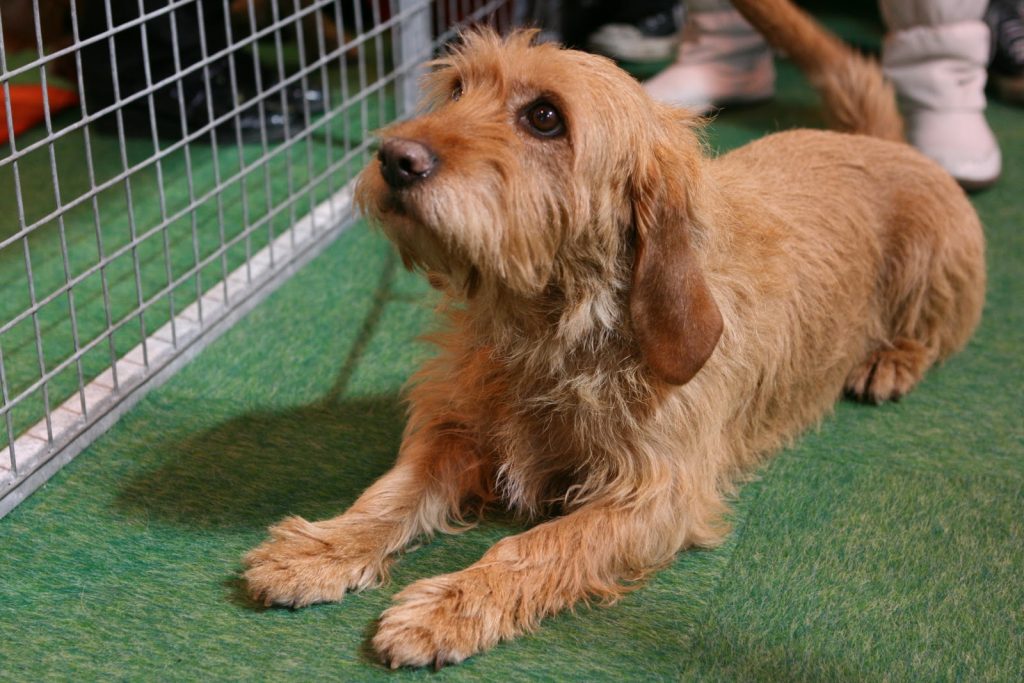
Playfulness Level
The Basset Fauve de Bretagne is a highly playful breed of dog that loves to engage in various activities. They are known for their energetic and lively nature, which makes them an excellent companion for families with children. These dogs are always up for a game of fetch or a run around the park, and they have a great sense of humor that will keep you entertained for hours. They are also very social animals and love to be around people, making them a great addition to any household.
Despite their small size, the Basset Fauve de Bretagne has a lot of energy and requires regular exercise to keep them happy and healthy. They are very active dogs and love to explore their surroundings, so it’s important to provide them with plenty of opportunities to do so. They are also very intelligent and love to learn new things, so training them can be a fun and rewarding experience. Overall, the Basset Fauve de Bretagne is a highly playful and energetic breed that will bring a lot of joy and laughter to any household.
Suitability as a Pet for Children
Basset Fauve de Bretagne is a friendly and affectionate breed that can make a great pet for children. With their playful and lively nature, they can keep up with the energy of kids and make great playmates. They are also known for their loyalty and devotion to their owners, which can make them a great companion for children who need a friend. Additionally, Basset Fauve de Bretagne is a relatively low-maintenance breed that requires minimal grooming and exercise, making them a practical choice for families with busy schedules.
Exercise Needs
Basset Fauve de Bretagne is a breed of dog that requires a moderate amount of exercise. They are a medium-sized breed that typically weighs between 16-20 kg and stands at around 32-38 cm tall. These dogs have a high energy level and enjoy being active, but they are not as demanding as some other breeds. A daily walk of around 30-45 minutes is usually sufficient to meet their exercise needs. However, they also enjoy playing and running around in a secure, fenced area, so it’s important to provide them with opportunities to do so.
In addition to physical exercise, Basset Fauve de Bretagne also benefit from mental stimulation. These dogs are intelligent and curious, and they enjoy learning new things. Training sessions that incorporate obedience, agility, or scent work can help keep them mentally engaged and prevent boredom. Puzzle toys and interactive games are also great ways to provide mental stimulation. Overall, Basset Fauve de Bretagne are a breed that requires a moderate amount of exercise and mental stimulation to stay healthy and happy.
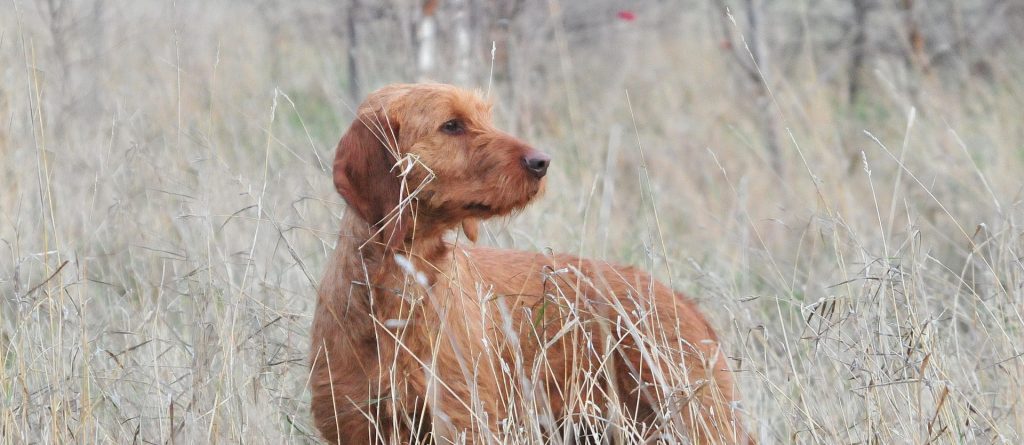
Suitability for a Multi-Pet Family
Basset Fauve de Bretagne dogs have a reputation for being friendly and sociable with other pets. They are known to get along well with cats and other dogs, as long as they are properly socialized from a young age. These dogs are generally not aggressive towards other animals and are more likely to want to play and interact with them. However, as with any breed, individual temperament can vary and it is important to introduce new pets slowly and carefully to ensure a positive relationship.
Housing Requirements
Basset Fauve de Bretagne is a breed that requires a spacious and comfortable living environment. They are active dogs that need plenty of space to move around and play. A house with a large backyard or garden is ideal for this breed. The backyard should be securely fenced to prevent the dog from escaping. The breed is known for its strong sense of smell, so it is important to ensure that the fence is high enough to prevent the dog from jumping over it. The breed is also prone to digging, so it is important to ensure that the fence is buried deep enough to prevent the dog from digging under it. The breed is adaptable to living in an apartment, but it is important to ensure that the dog gets enough exercise and mental stimulation.
Basset Fauve de Bretagne is a breed that requires a comfortable sleeping area. The breed is known for its love of sleeping, so it is important to provide a comfortable bed for the dog. The bed should be large enough to accommodate the dog’s size and should be made of a soft material. The breed is also prone to developing joint problems, so it is important to provide a bed that is supportive and comfortable. The breed is also prone to shedding, so it is important to provide a bed that is easy to clean. The breed is also known for its love of cuddling, so it is important to provide a bed that is large enough to accommodate the dog and its owner.
Summary
Basset Fauve de Bretagne make great pets for active families who enjoy spending time outdoors. They have a high energy level and require regular exercise to keep them happy and healthy. They are also known for their friendly and affectionate nature, making them great companions for children and adults alike. However, they can be stubborn and require consistent training and socialization to prevent any behavioral issues. Overall, the Basset Fauve de Bretagne is a great choice for those looking for an active and loving pet.
Basset Fauve de Bretagne Dog FAQS
Basset Fauve de Bretagne dogs can be stubborn and independent, but with patience and positive reinforcement, they can be trained.
Basset Fauve de Bretagne dogs can adapt to apartment living, but they need regular exercise and mental stimulation. A house with a yard is ideal.
Yes, Basset Fauve de Bretagne dogs are known to be good with children. However, supervision is always recommended.
Basset Fauve de Bretagne dogs are generally healthy, but they may be prone to ear infections and hip dysplasia.
Yes, Basset Fauve de Bretagne dogs shed moderately. Regular grooming can help manage shedding.
Basset Fauve de Bretagne dogs need at least 1 hour of exercise per day.
Basset Fauve de Bretagne dogs should have regular check-ups with a vet at least once a year.
Basset Fauve de Bretagne dogs grow up to 32-38 cm in height.
The average weight of a Basset Fauve de Bretagne is between 16-20 kg.
The average life expectancy of a Basset Fauve de Bretagne is 12-14 years.
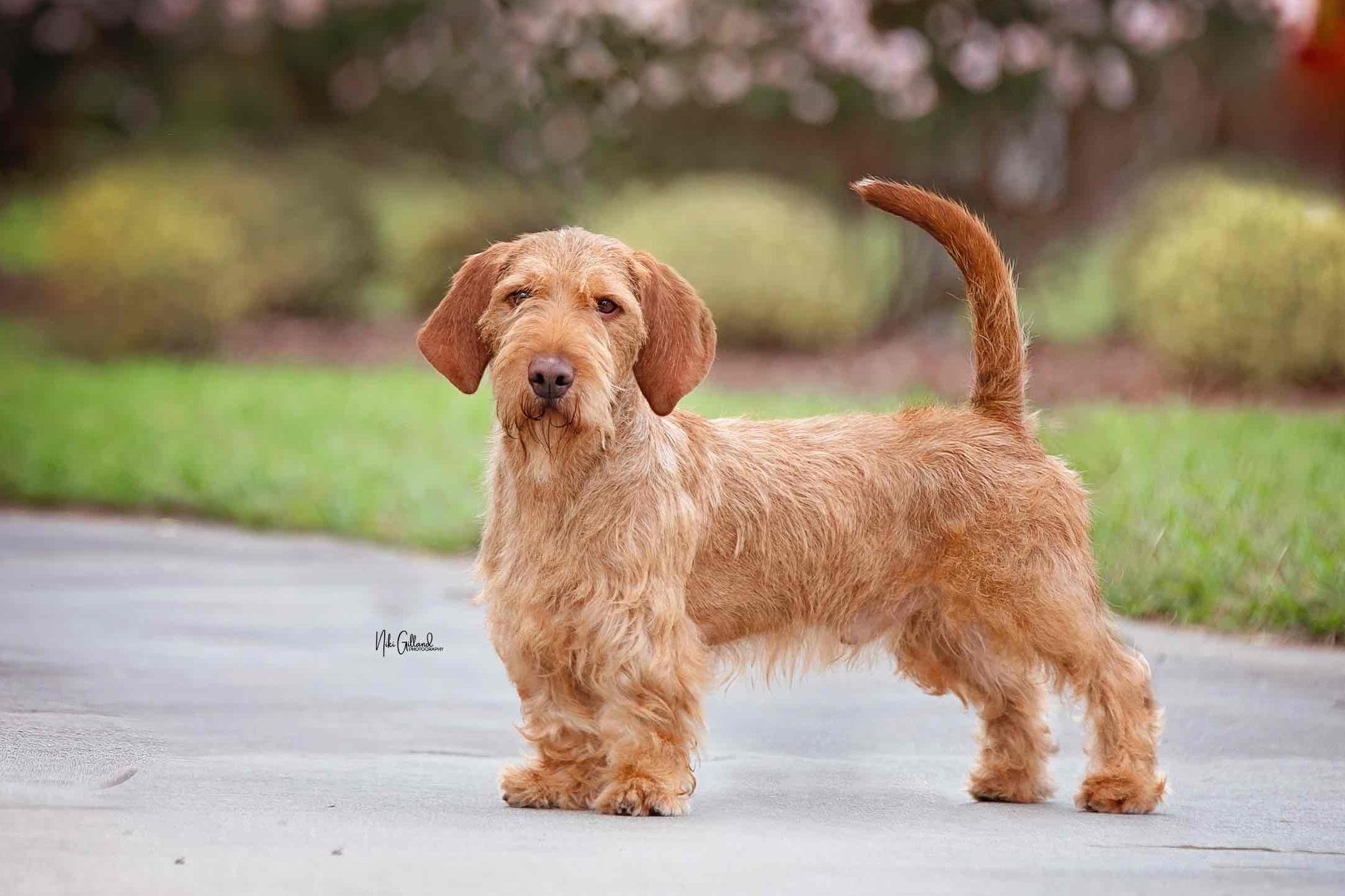
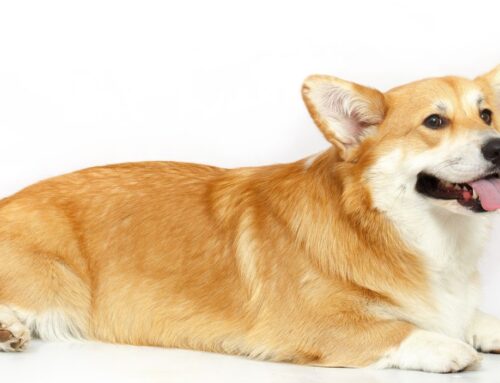
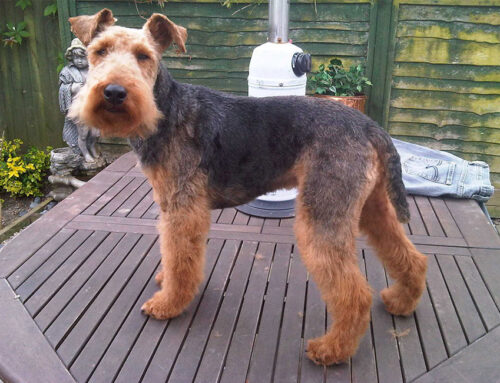
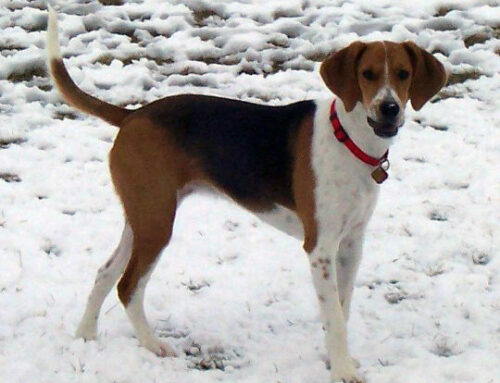
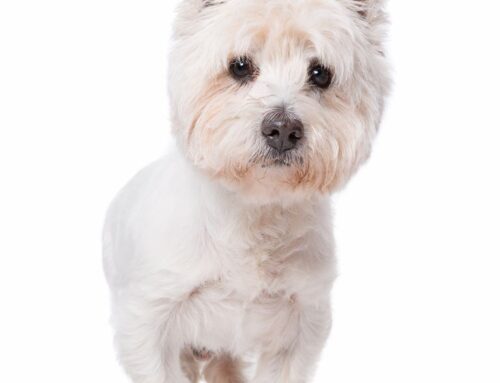
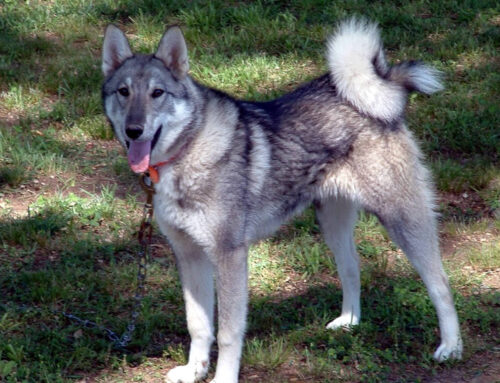
Leave A Comment